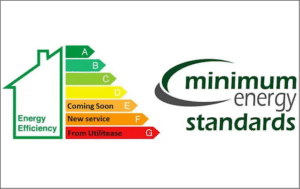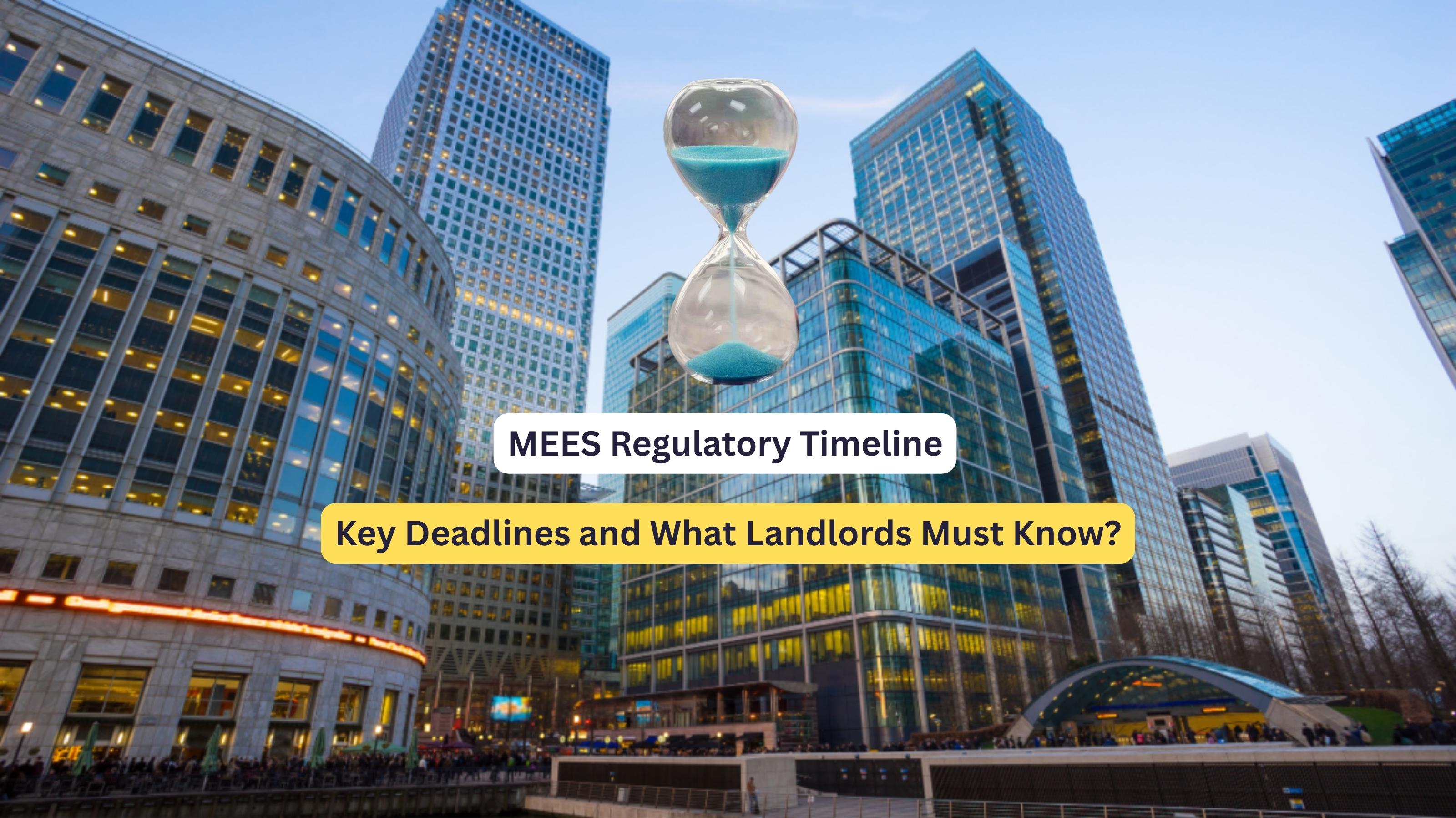The UK’s Minimum Energy Efficiency Standards EPC are revolutionizing the property sector, particularly for landlords and commercial property owners. With the deadlines approaching, the number one question on everyone’s lips is: What are the MEES rules for landlords? What are the updated EPC regulations in 2025? And are tighter conditions in the pipeline in 2028?
In this guide, we’ll break down the MEES regulatory timeline, outline key deadlines, and explain what steps landlords need to take. As specialist EPC consultants, CCA Environmental helps property owners prepare early, avoid penalties, and future-proof their investments.
What Are the MEES Regulations?

MEES regulations require landlords of commercial and non-domestic properties to achieve a minimum Energy Performance Certificate (EPC) rating before letting or continuing to let their buildings.
-
- Landlords have not been able to let new leases on buildings with an EPC rating below “E.” since 2018.
- From April 2023, the rules have further tightened — landlords can no longer continue to lease non-domestic buildings with a sub-E rating.
The government aims in the longer term to push commercial buildings toward greater energy efficiency and, like the UK’s 2050 net-zero targets.
MEES Regulatory Timeline: Important Timelines Landlords Should Know
Current Position (2023)
-
- Minimum EPC Rating
- Impacts all new and existing commercial leases.
2025 EPC Regulations
-
- Many landlords are asking: What are the new landlord EPC requirements for 2025?
- When plans to increase the minimum standard to EPC “C” by 2025 were out for consultation, the latest information is that this target may be abandoned or delayed due to practicalities.
- Landlords won’t have to guess at cancellation — changes will continue to be needed for compliance and long-term value protection.
2027 – Proposed New EPC “C” Requirement
-
- The UK government has put forward a new target of 2027 for all non-domestic rented buildings to achieve EPC “C.”
2030 – Proposed New EPC “B” Requirement
-
- By 2030, the hope is that most non-domestic buildings will have an EPC of EPC “B” or better.
- This is a giant step forward — which requires landlords to budget for significant investment in energy refits, dynamic simulation modelling, and EPC Plus reports.
What Do These Changes Mean for Landlords?

-
- Higher Standards, Higher Costs: Achieving EPC “C” or “B” may require top-tier energy modelling and upgrades.
- Risk of Non-Compliance: Letting out a non-compliant property can cost through fines, reduced marketability, or being unlettable.
- Future-Proofing: Proactive action not only guarantees compliance but also enhances the value of the building and tenant attraction.
This is where CCA Environmental helps commercial property landlords with MEES compliance, offering:
-
- EPC consultancy for MEES legislation
- Dynamic Simulation Modelling (DSM) for difficult properties
- EPC Plus Reports to plot compliance routes
- MEES exemptions and EPC improvement advice
FAQs about MEES Regulations
Q1. How long will MEES regulations last?
EPC “E” now mandatory (2023), EPC “C” in 2027, and EPC “B” by 2030.
Q2. What are the new 2025 landlord EPC regulations?
The 2025 EPC “C” deadline has been questioned and is being delayed. But landlords should still look to improve to stay ahead.
Q3. What do landlords need to adapt to in 2028?
While 2028 has not been announced, the direction toward EPC “B” in 2030 means that things are getting tighter.
Q4. Can exemptions be claimed by landlords?
Yes, exemptions can be had where upgrades are prohibitively expensive or not technically feasible, but proper documentation needs to be done.
Why Use CCA Environmental?

Dealing with MEES deadlines can be complex. CCA Environmental’s Commercial EPC Level 5 specialists provide clear, precise advice. If you need:
-
- MEES compliance advice for non-domestic premises
- Dynamic simulation modeling EPC UK for complex buildings
- MEES exemptions and energy efficiency improvements assistance
We will get your building compliant, avoid costly penalties, and remain sellable.
Get in touch with CCA Environmental today for expert MEES advisory and EPC compliance support.
Conclusion
The MEES legislative schedule is altering, but the only guarantee is that landlords must get a head start to protect their investments. Whether preparing for 2027 or 2030, an active strategy is paramount.
CCA Environmental can assist in guiding you through each step — from initial EPC assessments to long-term compliance strategy.
Contact us now to save your property’s future under the new MEES regulations.
For more guidance on MEES compliance and EPC upgrades, explore these related blogs:

